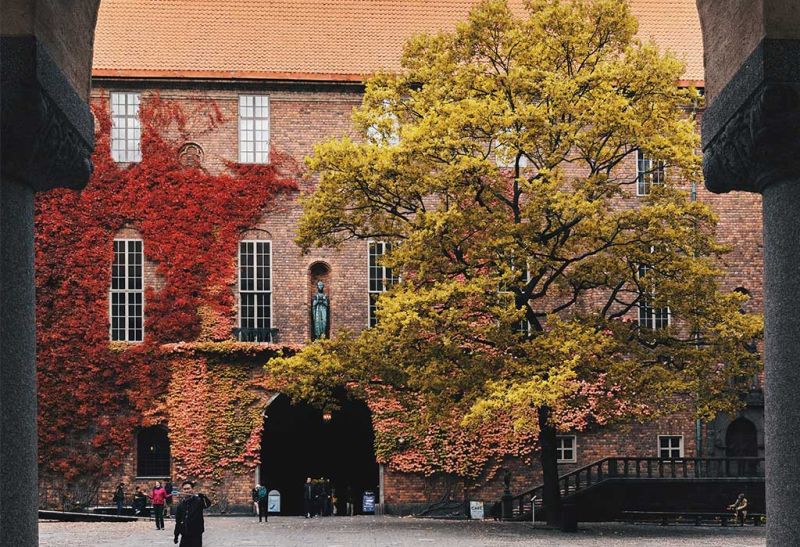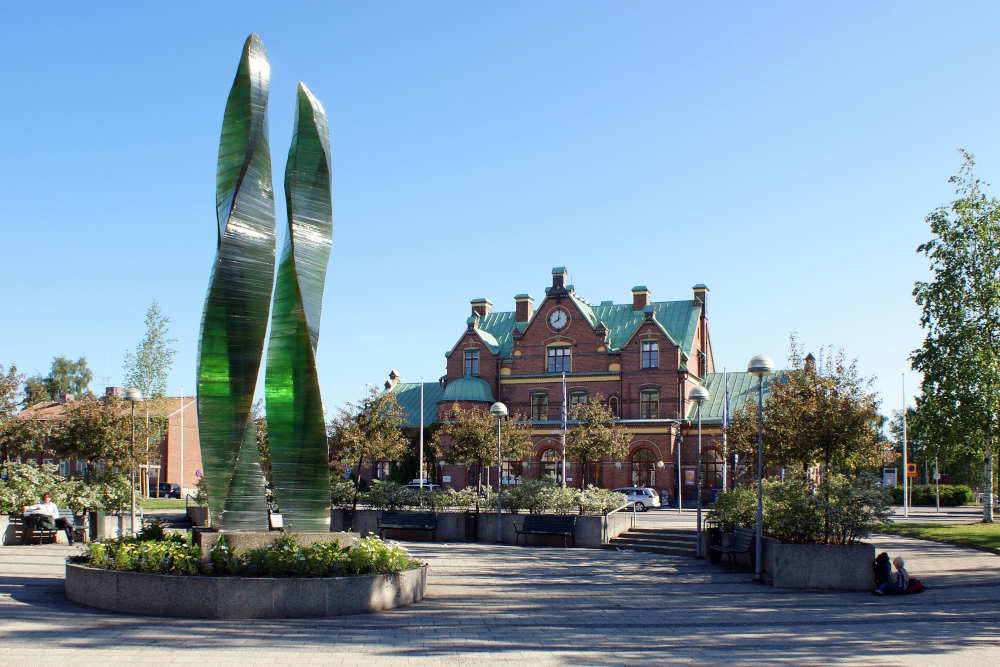Stockholms Beroendeklinik is there to meet every patient’s clinical and recovery support needs. Patients will complete a comprehensive diagnostic intake assessment to determine the best therapeutic programme to meet their recovery goals.
Our foundation programme is an immersive recovery building process that requires a minimum commitment of 4 hours a week and is centred around intensive work in your weekly individual and group sessions on a range of 12 step and psycho-educational topics to fit your care plan.
We have a holistic approach to treating addiction, which means that we focus on the whole person’s well being and not just on overcoming addiction.
The Process of Detoxification
The detox process helps patients access tailored treatment that respects their needs. This process includes three steps:
- Evaluation
The SBK staff will assess each patient individually to determine if an inpatient or medical detox referral is necessary. - Stabilization
If an inpatient detox is found necessary Stockholm beroendeklinik will help facilitate the detox phase with referral to our sister facilities in Scotland and Ireland. For an outpatient medical detox, we will refer to one of our trusted partners in the area. - Preparing for Entering into Treatment
The final step of detox focuses on preparing the customized treatment programme. Rehab experts familiarize the patients with the entire treatment process while making sure they are motivated to continue the recovery process.
Side Effects of Detox
The process of substance detox can take time and it is recommended that people with addiction to be supervised during the entire process. Detox with medical supervising allows patients to get rid of toxins from their bodies in a secure and comfortable environment. During this process, patients may still experience side effects:
- Body discomfort
- Nervousness or anxiety
- Insomnia
- NauseaIrascibility
- Disrupted sleep patterns
- Difficulty concentrating
Life After Detox
Detox is an essential first part of the rehab treatment, but it is not enough for a patient to fully recover. People with dependency also need to address the psychological issues that led to their addiction. They can attend support groups or one-on-one therapy sessions. Call an addiction specialist at Stockholm beroendeklinik for a personalised treatment programme suited to your recovery needs and goals.





